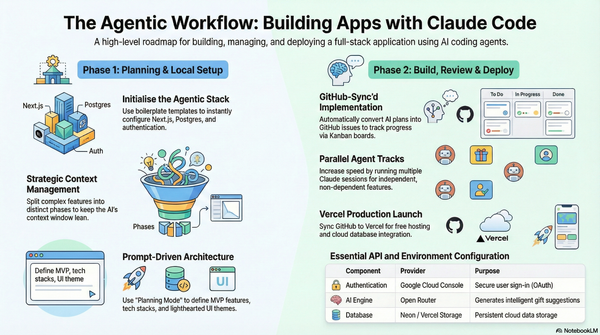AI & Product Management
AI is significantly reshaping the landscape of product management, enhancing efficiency and decision-making while allowing product managers to focus on strategic initiatives. Here’s an exploration of how AI is transforming this critical function.
Automation of Routine Tasks
One of the most profound impacts of AI in product management is the automation of repetitive and mundane tasks. Product managers often spend a considerable portion of their time on data collection, analysis, and reporting—activities that can consume up to 19% of their work hours. AI tools can automate these processes, potentially saving product managers up to 50% of their time, allowing them to concentrate on more strategic activities that require human insight and creativity.
Key Areas of Automation:
- Data Analysis and Reporting: AI can analyze large datasets to identify trends and generate reports, providing a clear overview of product performance.
- Customer Research: By processing feedback from various sources like support tickets and social media, AI helps uncover customer needs and pain points more effectively than manual methods.
- Roadmapping: AI tools can assist in creating product roadmaps by analyzing past performance and customer feedback to recommend features that align with user needs and business goals.
Enhanced Decision-Making
AI empowers product managers to make better-informed decisions through data-driven insights. By leveraging machine learning algorithms, these tools can analyze vast amounts of data to identify patterns that may not be immediately apparent to human analysts. This capability allows for improved forecasting and strategic planning.
Benefits of Data-Driven Insights:
- Predictive Analytics: AI can forecast potential outcomes based on historical data, helping product managers anticipate market demands and customer behavior.
- Improved User Experience: Insights gained from AI analyses can guide enhancements in user experience by identifying which features resonate most with users, thus driving engagement and satisfaction.
Streamlining Product Development
AI also plays a crucial role in enhancing the product development lifecycle. From ideation to launch, AI tools can facilitate various stages of development, making processes faster and more efficient.
Contributions to Product Development:
- Natural Language Processing (NLP): NLP technologies can analyze customer feedback effectively, extracting actionable insights that inform product enhancements.
- Automated Testing: AI-driven testing tools can identify bugs more quickly than manual testing methods, reducing both time and costs associated with quality assurance.
Personalization at Scale
Another significant advantage of integrating AI into product management is the ability to deliver personalized experiences at scale. By analyzing customer data, AI can help tailor products and marketing strategies to individual preferences, thereby increasing customer loyalty.
Personalization Strategies:
- Targeted Recommendations: AI systems can suggest products or features based on user behavior, enhancing the relevance of offerings.
- Customer Support Automation: Chatbots powered by AI can provide immediate assistance to users, improving satisfaction while reducing support costs.
Conclusion
The integration of AI into product management is not about replacing human roles but rather enhancing them. By automating routine tasks, improving decision-making processes, streamlining development phases, and enabling personalization, AI allows product managers to focus on high-level strategic thinking that drives innovation. As these technologies continue to evolve, embracing AI will be essential for product managers aiming to stay competitive in an increasingly data-driven world.

